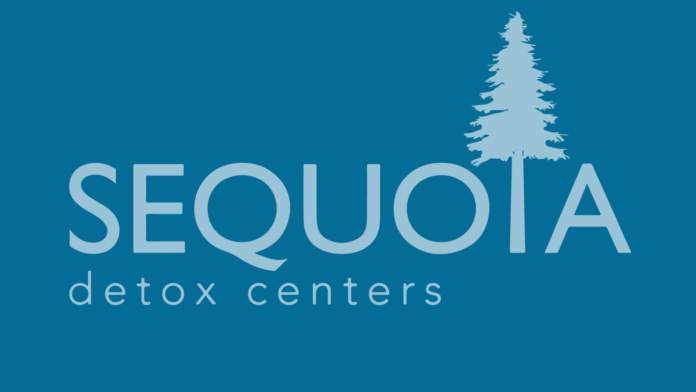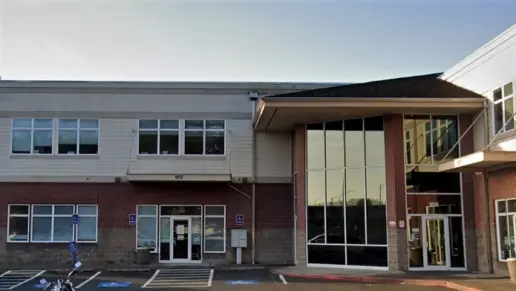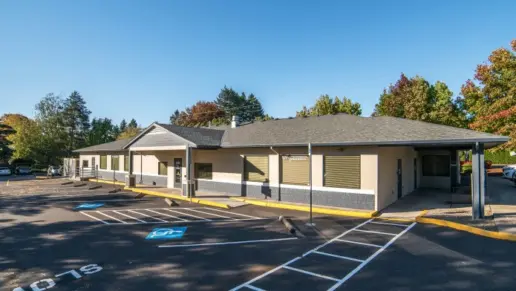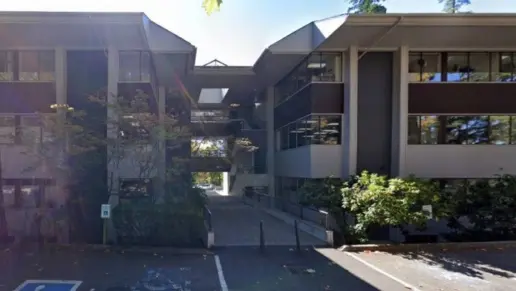About Sequoia Detox Centers
Known as the birthplace of Father’s Day, Spokane, Washington provides a harmonious balance of rural charm and urban sophistication. It’s also home to Sequoia Detox Centers. This upscale, medically managed inpatient detox welcomes adults starting their addiction or co-occurring disorder recovery journey. You’ll benefit from a quaint, tranquil space to hone in on recovery away from distractions.
Detox is often the first step in recovery for many. Their boutique facility offers a calm living space to withdraw from substances comfortably. You can access 24/7 medical supervision throughout your process. They use a holistic approach, ensuring you not only quit substances but work on the underlying causes of addiction.
What stands out most to me is their impressive campus. You can access a safe, private environment with cozy bedrooms and exclusive amenities, including nutritious, chef-prepared meals. They provide a home away from home to detox safely and plan your next treatment steps.
Another wonderful feature I noticed was your therapeutic experience begins in detox. While detox is just the first step in treatment, they provide proven proven interventions throughout your stay. You’ll benefit from a customized detox plan, with private therapy, group activities, and education sessions. I think this is great because they expose you to therapy early so you can start working toward recovery as soon as possible.
Lastly, I think their seamless transition to other levels of care is great. While in detox, you’ll work with a discharge planner to help determine your next treatment steps. They can connect you to their sister inpatient and various outpatient programs. That way, you won’t only leave detox with a path to sustained recovery. You can also continue receiving care from the same organization if you enjoy their services.
Rehab Score
Gallery
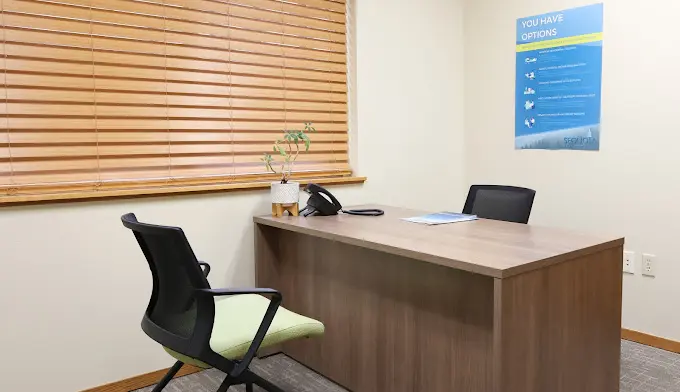
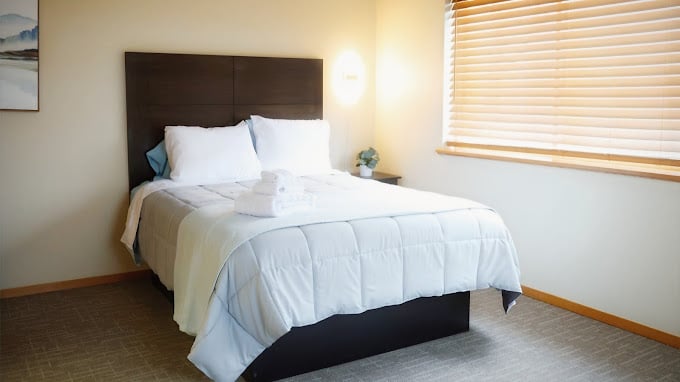
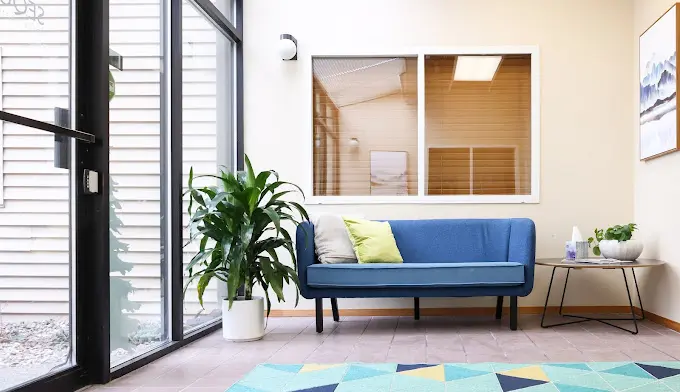
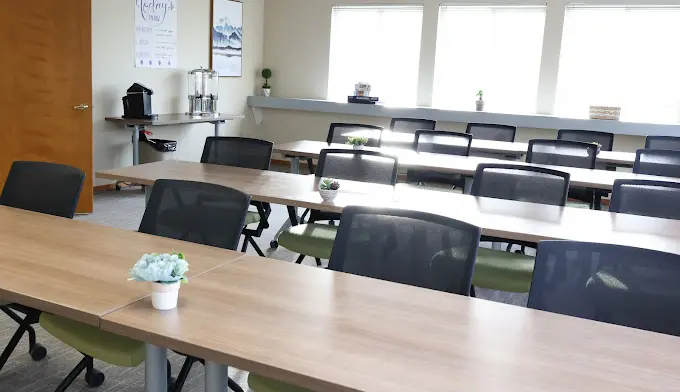
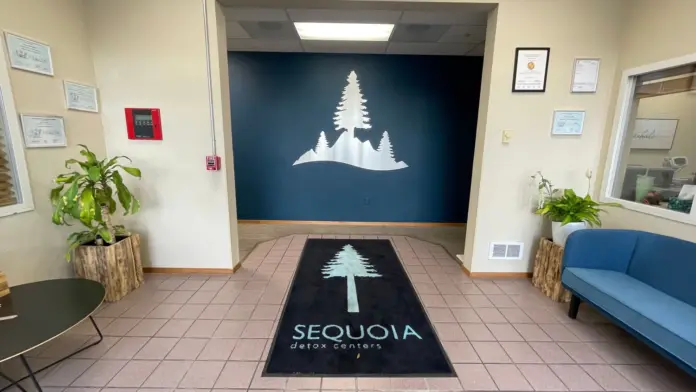
Location
Other Forms of Payment
Private insurance refers to any kind of healthcare coverage that isn't from the state or federal government. This includes individual and family plans offered by an employer or purchased from the Insurance Marketplace. Every plan will have different requirements and out of pocket costs so be sure to get the full details before you start treatment.
Self-pay involves paying for treatment out of your own pocket. You can use savings or credit, get a personal loan, or receive help from family and friends to fund your treatment. If you don't have insurance or your insurance plan doesn't cover a specific program, self-pay can help ensure you still get the care you need.
Medicare is a federal program that provides health insurance for those 65 and older. It also serves people under 65 with chronic and disabling health challenges. To use Medicare for addiction treatment you need to find a program that accepts Medicare and is in network with your plan. Out of pocket costs and preauthorization requirements vary, so always check with your provider.
Addiction Treatments
Levels of Care
Programs

Clinical Services
Often, substance use disorder originates with negative thinking patterns. Cognitive behavioral therapy in Washington is designed to help individuals change these patterns of thought, which leads to changes in behavior and freedom from addiction.
Dialectical behavior therapy (DBT) is a highly structured form of therapy that teaches skills to help participants change negative thoughts and behaviors. Applying a philosophy of acceptance and change, you'll learn and practice these skills to break unhealthy patterns and establish healthy ones.
Group therapy is a safe space that offers you a confidential environment to openly discuss your challenges with addiction and the progress you're making without fear of judgment. Group therapy participants share responsibility for recovery, which fosters a collective commitment to sobriety.
Individual therapy sessions for drug and alcohol addiction treatment emphasize the importance of personalized care. Your therapist works with you to understand your unique life experiences and develop effective coping mechanisms to address your underlying issues. This comprehensive approach to recovery is the foundation of drug rehab.
One goal of family therapy is to provide a platform where members have a safe place to talk about the challenges that addiction has created in their lives. Using guided sessions, therapists help individual family members develop healthy communication skills and address unresolved issues between themselves to support their loved one's sobriety.
Amenities
-
Yoga Studio
-
Residential Setting
-
Private Rooms
Accreditations

LegitScript has reviewed Sequoia Detox Centers as part of their certification program, and has determined that it meets the LegitScript standards for legality, safety and transparency.
LegitScript verified in November 2021

The Joint Commission, formerly known as JCAHO, is a nonprofit organization that accredits rehab organizations and programs. Founded in 1951, the Joint Commision's mission is to improve the quality of patient care and demonstrating the quality of patient care.
Joint Commission Accreditation: Yes
Contact Information
10305 E Montgomery Drive
Spokane, WA 99206
